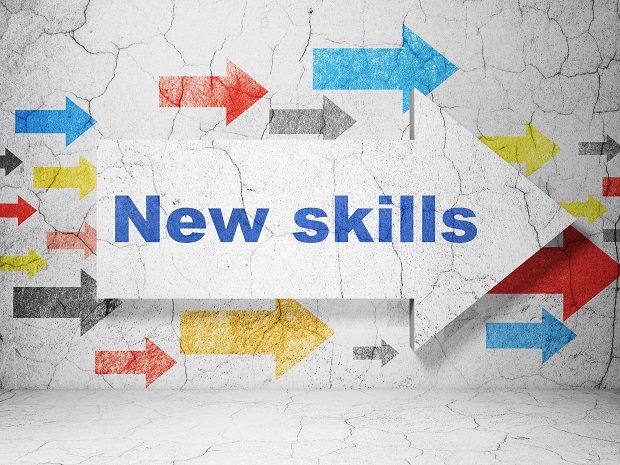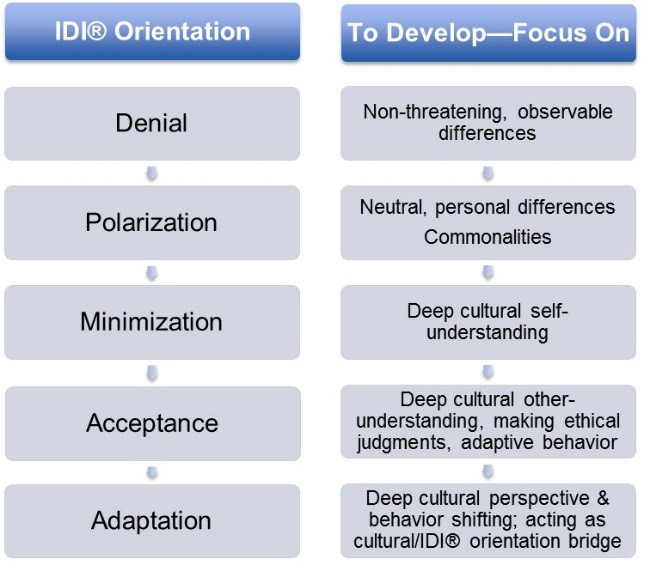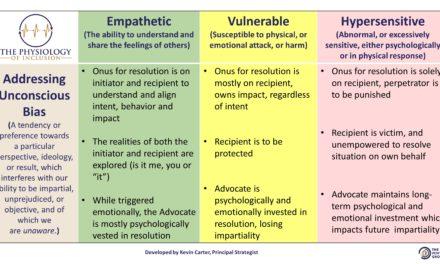
There is no shortage of studies and articles that suggest diversity training is ineffective and simply doesn’t work. In a recent Harvard Business Review article, Frank Dobbin and Alexandra Kalev cited several ways diversity trainings fail to yield a return on the investment. First, the positive effects are not sustainable, typically lasting a day or two. Second, diversity trainings tend to send negative messages, thereby causing adverse perceptions among leaders and employees who engage. And third, even when mandated, diversity trainings do not improve the representation of women and people of color in management.
Certainly, there is some validity behind Dobbin and Kalev’s findings regarding traditional approaches to diversity trainings. However, in our experience we have seen some success. This week, we share another factor that contributes to diversity and inclusion programs that succeed: a developmental approach to training and learning.
At The Winters Group, our philosophy is to educate rather than train. Training efforts are typically designed as one-time events, with a focus on tolerance and sensitivity and perhaps a small amount of skill building. Whether the training is for one day or one week, a single event is not likely to yield the desired result.
There are myriad controversial subjects that can only get surface coverage. Without opportunity to fully examine one’s own beliefs and values, and then have the opportunity to apply, practice, and internalize the concepts through the trial and error of triple loop reflective learning, little sustained change will occur. Once the training event is over, employees go back to their work environments, either positively or negatively charged, with incomplete knowledge and little understanding about what will be different. Soon, it is business as usual and the diversity training becomes a vague memory. This is often time the case with one-size-fits all approaches to traditional diversity training.
Taking a developmental approach means understanding and meeting people where they are. Diversity and inclusion learning experiences should be positioned as skill and competency building, rather than one-off occurrences. A focus on competency building requires diversity and inclusion practitioners consider the level of readiness and understanding that currently exists within the organization. For example, if a math student has yet to take Algebra II, then they likely wouldn’t enroll in a Calculus course. The same should be true with diversity and inclusion learning and education: we should engage leaders and organizations based on their level of understanding of difference.
The Winters Group uses the Intercultural Development Inventory (IDI) to assess individual and organizational cross-cultural competence. By definition, cross-cultural competence is the ability to discern differences in one’s own and other cultures and to be able to develop mutually adaptive solutions that take various worldviews into account. The IDI is a measure of the capability of the organization to effect change related to diversity and inclusion. The tool also supports in understanding where to target training, and how to support individuals in their learning journey. We have found that the more we know and understand about how individuals operate across differences, the more effective we are in developing sustainable and meaningful solutions.

Source: Dr. Mitch Hammer
Additionally, a developmental approach to diversity and inclusion education and learning requires an ongoing commitment to development. This means engaging leaders and participants in self and group reflection, immersion opportunities (e.g. multi-cultural events), cross-cultural experiences (e.g. reciprocal mentoring), and ongoing learning opportunities.
Diversity training will only be as effective as the level of investment and commitment made to truly engaging and shifting worldviews. Successful programs require diversity and inclusion practitioners and leaders move beyond a one-size-fits all approach to training and towards a model that supports developmental and ongoing learning.


















